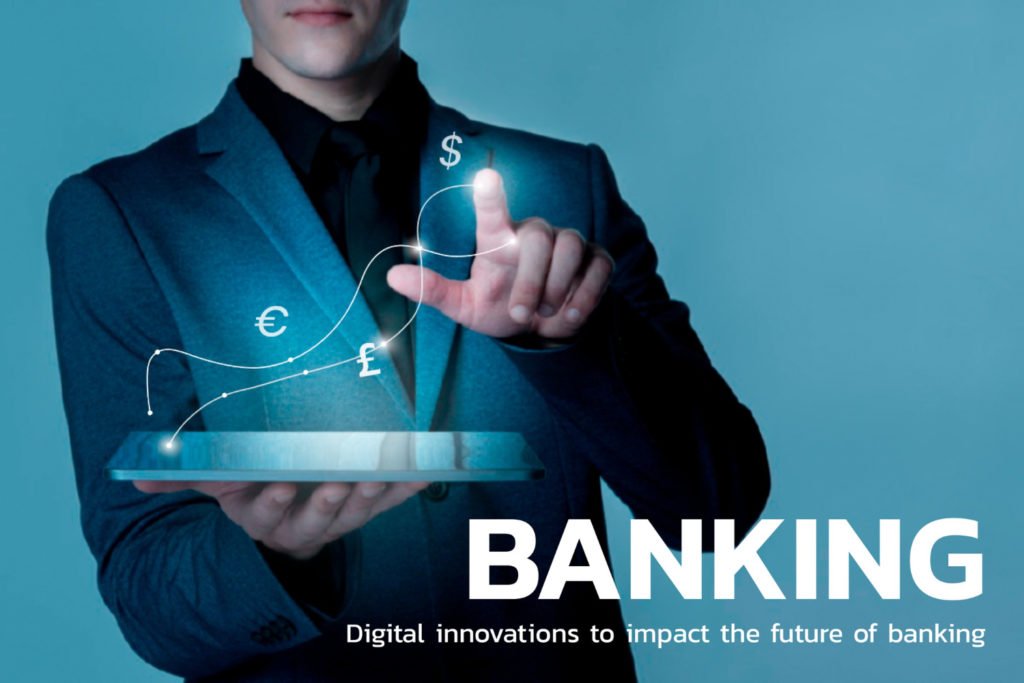GDS Link announces successful implementation of Decisioning Solution at Retail Capital
GDS Modellica Retail Capital, a division of TymeBank and a leader in SME funding, has
Fintechs have put Spain in 6th place worldwide for the number of fintech companies. The main benefits include more personalised service, speed, agility, and greater financial inclusion
Fintechs in Spain have gained ground and put the country in 6th place worldwide for the number of companies in the sector. In the new financial ecosystem where the customer is mostly digital and very active, traditional financial institutions no longer see fintechs as a threat and now prefer to collaborate instead. These collaborations have led to greater stability, a wider range of products, and increased knowledge about the customer. Furthermore, fintechs can offer richer data, an improved user experience, and more modern platforms.
Together, fintechs and digital banks can offer a positive experience to their customers. Their cooperation is key to strengthening the current financial sector by improving efficiency and profits, generating new business opportunities, improving the customer experience, and increasing customer loyalty. In 2021, the fintech sector stood out for its high growth and investment figures. In 2022, the sector is predicted to grow, set new trends, and generate new opportunities to establish new partnerships and reduce risk. At the same time, it will open the door to greater centralization of services around a digital architecture that will put fintechs at the heart of the industry.
But fintechs are not just good for traditional financial institutions; they also have many customer benefits. According to GDS Modellica,
they offer specific financial products and services adapted to customers’ needs.
they can offer real-time, 24-hour services every day of the year.
Easy access to efficient, agile, and simple paperless operations without leaving the house.
It can guarantee the veracity and security of transactions from any device.
Access to financial products does not have to be in person and can be digital, thereby improving financial inclusion.
Whether mobile payments, automated advice, access to credit through a participating platform, etc.

The rise of fintechs has caused a radical shift in the financial paradigm. Consumers are no longer passive and now have expectations. If they are not convinced, they can change providers with relative ease. According to the recent World Retail Banking Report 2022 (WRBR) by Capgemini and Efma, “75% of customers surveyed are attracted to Fintech’s cost-effective and seamless services, significantly raising their digital banking expectations.”. However, according to their study, “it is critical banks better leverage data and Artificial Intelligence to tailor the experience, create stronger connections and maximise customer value” because today, customers are “able to switch providers at the tap of a screen.”
In the current financial ecosystem that demands increasingly faster services, identifying, assessing, and preventing potential risks or vulnerabilities is a top priority. For fintechs, strong cybersecurity is an absolute must for communication, transparency, and instilling confidence in customers when managing their finances. The success of fintechs is largely because they are much more than just payment platforms. They offer automated processes and a wide range of tailored products and services that improve the customer experience. However, those customers are not immune from the inherent risks of financial crime. According to García Rouco, managing director at GDS Modellica, “ a permanent and continuing challenge for fintechs will be to guarantee security, and always being prepared for the potential risks is the best form of defence.”

GDS Modellica Retail Capital, a division of TymeBank and a leader in SME funding, has

GDS ModellicaThroughout history, credit activity has been the thread that has connected human aspirations with

GDS Modellica The financial world is an ever-constant battleground against fraud, an increasingly sophisticated threat.
